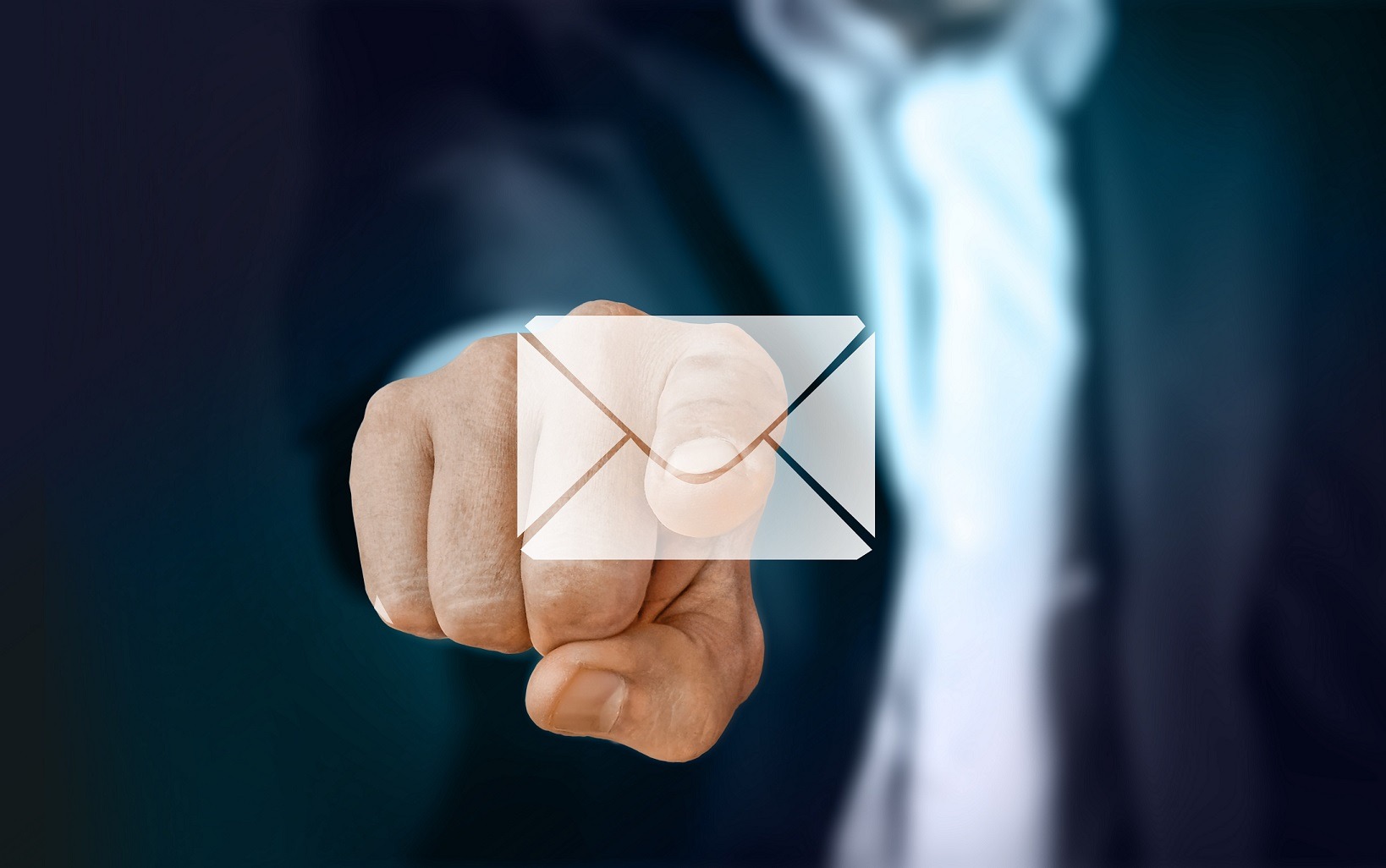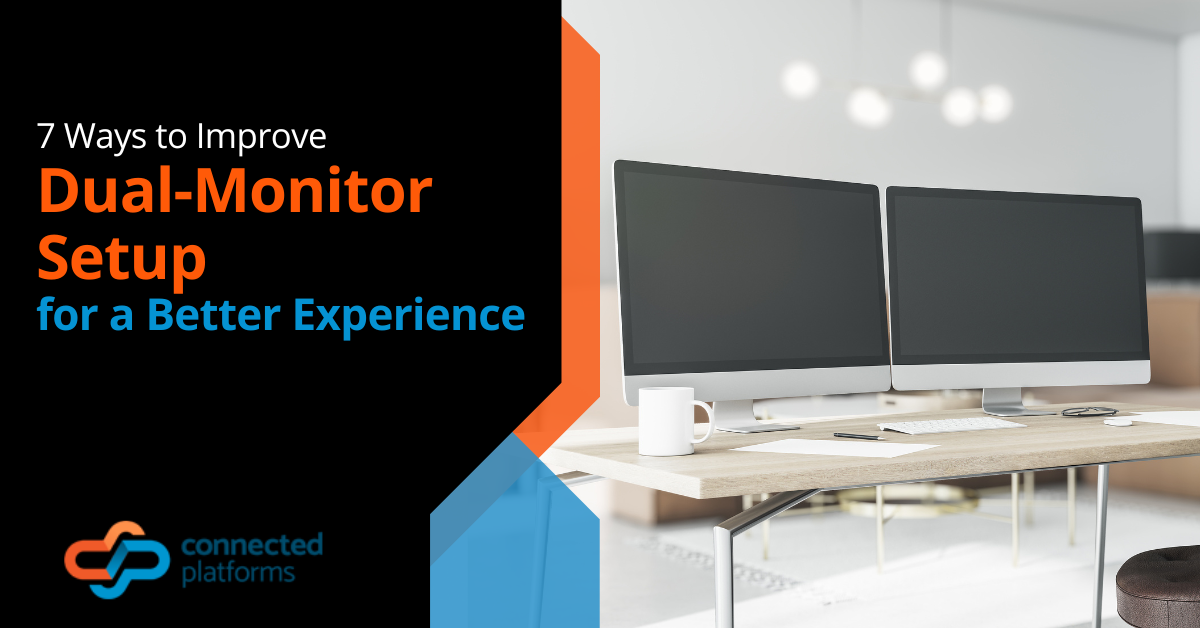Even if you made considerable efforts to avoid the IT revolution known as the digital transformation in business, it is highly likely that email is the singular piece of IT you simply cannot do without no matter how hard you try. It is not just a replacement for the old fashioned snail-mail anymore; instead, email has effectively become the go-to means of communication in business. Compared with phone conversations, there is something to be said for the ability to correspond instantly with your clients, business partners and supplier in a manner that leaves an easily searchable trail and allows you to prioritise when and to whom you respond – an ability unique to electronic mail. That said, not all email is made equal. In this post, we will explore what the best email for business is.
Best Email Service for Business
It may seem to be a reasonable choice, especially for micro and small business owners to just continue with a free-of-charge service provider like Gmail or with an ISP supplied email address, more tech-savvy users often consider hosting their emails on private servers. Still, the risk of doing that is very well known. There are clear benefits to using a full-featured, modern and scalable managed email platform that can grow with your business. Modern email services offer expanded functionality beyond an online storage space where your electronic mail lives.
- Intelligent inboxes can help you manage incoming emails by prioritising messages, importing events from messages into your calendar and making sure you notice important emails.
- You can take a full-featured email with you anywhere you go – with the right email platform, you can achieve on-the-go what you would otherwise need a computer for. Not only that, all your information from the mail, through the calendar to contacts, can be synchronised across all your devices.
- Modern email platforms offer enhanced protection from digital threats giving you the peace of mind of confidence that your critical business correspondence is safe and secure.
- With the right email solution, you can improve the professionalism of your business by adding an email signature including your logo and contact information, giving your contacts quick access to other ways of getting in touch with you or finding out more about your business with every message you send.
- Enhanced security lets you prevent rogue access to essential business documents and personal information using whitelists of approved users, personal identification numbers (PIN) and even offsite, remote wipes of at-risk data when necessary.
- A professionally managed email platform lets you stop worrying about the cost and maintenance of hardware and infrastructure necessary for its ongoing operation.
- Unlike with free or value add email services, you can be confident that your email operator is working to ensure the smooth running of email service. Quite simply, what is in your best interest is also in their best interest.
In business, you will find yourself using email more than any other application, getting it right from the start can greatly improve the performance of your company as it grows.
We can help you find the most cost-effective, best email for business solution no matter your needs. To chat about the current email solution used in your company and how we can help you modernise it to improve your workflow and performance or to learn which of our other IT solutions can help you and your business, book a coffee meeting with Eric today.




